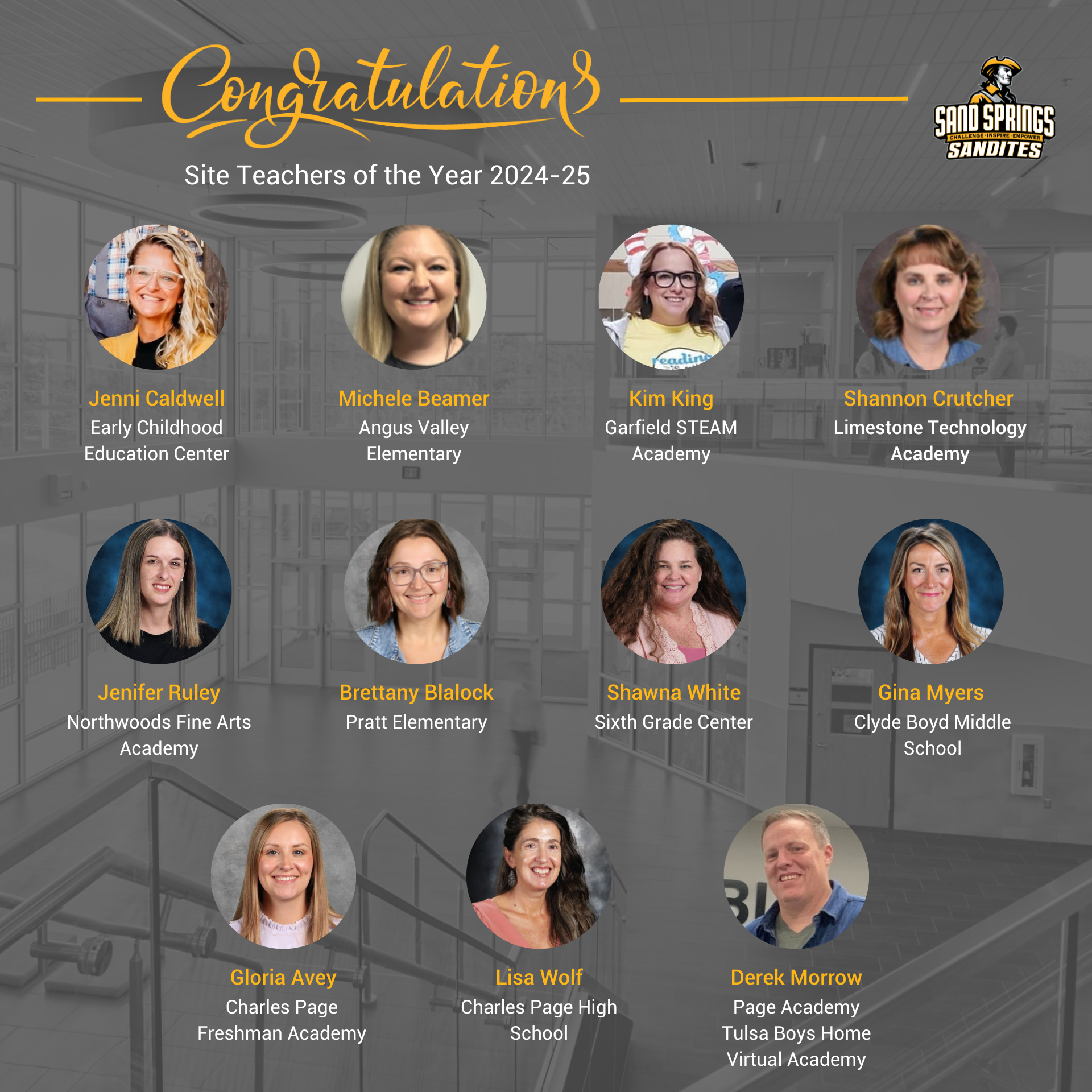Individual Career Academic Plan bill authored by Jadine Nollan passes Senate vote
/OKLAHOMA CITY – State Superintendent of Public Instruction Joy Hofmeister today praised Senate members for approval of a measure to help ensure that all students develop their own relevant and dynamic pathway for success in college, career and life. Authored by Rep. Jadine Nollan and Sen. Gary Stanislawski, House Bill 2155 phases in the implementation of an Individual Career Academic Plan (ICAP) over a three-year period, beginning with pilot districts. Oklahoma is one of only seven states that does not have a state-level ICAP strategy for students.
The legislation now heads to Gov. Fallin for her signature.
“Too many high school students wait until after graduation to begin exploring career pathways in career technology centers or colleges,” Hofmeister said. “By contrast, tailored career and academic plans made earlier in middle school help our students complete required courses and build foundational skills to be able to hit the ground running after high school with meaningful, self-defined career, college and life goals.”
Beginning in sixth grade, ICAPs will follow each student through middle and high school and evolve to reflect any changes in interests, strengths and growth. They will include interest inventories, written goals, a step-by-step plan to reach those goals, career surveys, academic progress measures and a list of completed apprenticeships, internships or mentorships. Students will be able to create individualized portfolios, utilize high-school planning tools, explore career options and access college campus information with the assistance of parents, school counselors and teachers.
Many graduates today lack the skills employers are looking for or the necessary coursework to succeed in college or career without remediation. Thirty-nine percent of all first-year college students in Oklahoma currently require remedial courses before earning college credit, a process that, according to the Center for American Progress, costs Oklahoma families $22.2 million annually. By defining career goals or post-secondary plans earlier in their education, students will have the opportunity to make important decisions regarding coursework and extracurricular activities that align with their postsecondary career and life goals.
In addition, ICAPs will encourage greater enrollment in advanced coursework in high school, particularly during a student’s senior year, and funnel more Oklahoma students toward postsecondary degree attainment or industry certification. Currently, only 54 percent of Oklahoma students complete a degree program or advanced credential after high school. By 2025, the Oklahoma Office of Workforce Development estimates that 77 percent of new jobs in Oklahoma will require some sort of postsecondary credential or degree. ICAPs will equip schools to close this so-called “workforce gap.”
“This legislation is a positive step forward and better positions Oklahoma students to achieve their aspirations and compete,” said Hofmeister. “Too many doors shut unnecessarily on students because of poor planning. Exploring career options and advanced planning fosters self-motivated learners.”
The Oklahoma State Department of Education (OSDE) will pilot ICAPs in selected districts during the 2017-18 school year, and increase the number of district pilots in 2018-19. In the 2019-2020 school year, they will become a graduation requirement for those entering ninth grade, as required by House Bill 3218, which the governor signed into law in 2016.




